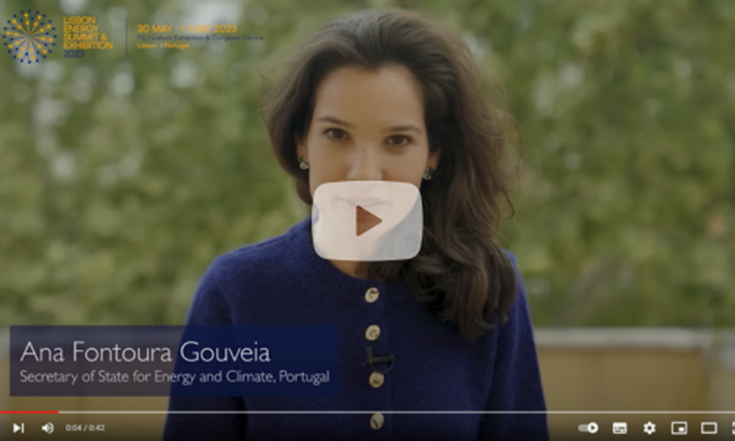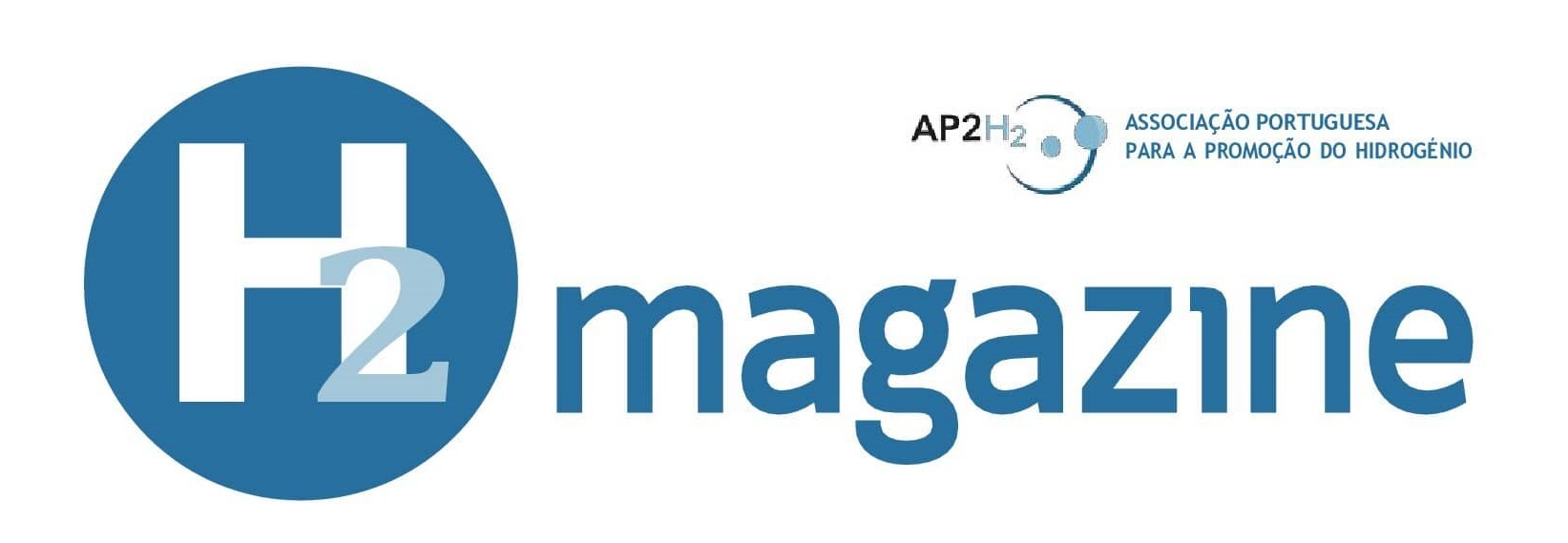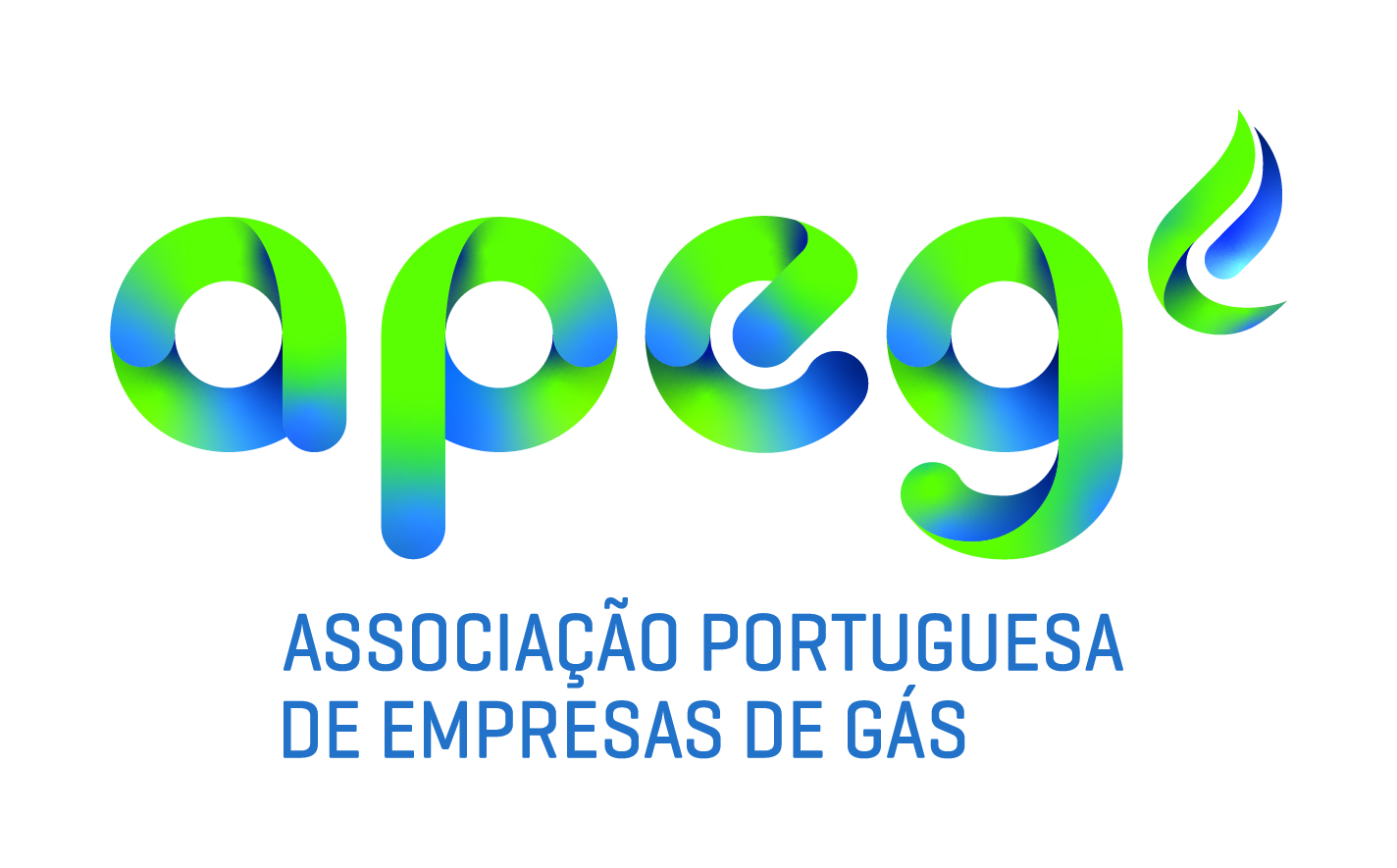
Industry news
2000
+ATTENDEES
100
+SPONSORS AND EXHIBITORS
50
+COUNTRIES REPRESENTED
350
+DELEGATES
300
+INDUSTRY LEADING SPEAKERS
Case study: how is Portugal preparing to accelerate offshore wind energy production?
Offshore wind energy is gaining momentum all over Europe. Portugal wants to establish itself as an important player in this area and has launched an offshore wind energy auction this year.
Throughout centuries of history, the ocean has played an undeniably central part in the Portuguese economic development, as well as in the construction of its culture and identity. Today, with eyes set on the future, Portugal stands at a turning point, with significant potential offered by a coastline of almost 2500 kilometers producing offshore wind energy. The goals have been set – until 2030, Portugal must be able to produce 10 GW of offshore wind energy.
It’s an ambitious goal, particularly considering that the country has only one wind farm at sea – Windfloat Atlantic, located off Viana do Castelo. With innovative characteristics, this is the first floating semi-submersible wind farm in the world, with an installed capacity of 25 megawatts (MW).
Offshore wind auction launched in 2023
The Portuguese government’s approach arises in a context of growing urgency to meet the European goals for decarbonising the economy and for developing solutions to the energy challenges that the Ukrainian conflict is presenting.
Being an inexhaustible source of energy and relying on a technology that enables the supply of reliable and clean energy at a large scale, offshore wind projects are a fundamental vector in the energetic transition.
Watch the video; Ana Fontoura Gouveia, Secretary of State for Energy and Climate, Portugal, speaking before the Lisbon Energy Summit & Exhibition took place in May 2023, explained how a focus on solar and offshore wind made Portugal a front-runner in energy transition - setting the country up to provide 80% of renewables in their electricity production by 2026.)
In pursuit of the goals set for the end of the decade, the Portuguese government launched this year its first offshore wind energy auction. To take this important step of exploring marine wind energy at sea and developing a cluster of ocean renewable energies, a workgroup was established in 2022 with the mission of presenting to the Government a set of contributions and recommendations.
- Proposal of spatialised areas considering the Allocation Plan for the use of offshore renewable energies.
- Determination of the connection points of the new maritime wind farms with the Nacional Energy Transport Net.
- Creation of a model for the attribution of Capacity Reservation Titles.
- Assessment of the requirements for the development of port infrastructures associated with these projects.
In this regard, the workgroup has recently submitted to public consultation a preliminary proposal to delimit the areas of implantation of offshore wind farms. Viana do Castelo, Leixões, Figueira da Foz, Ericeira, Sintra/Cascais, and Sines are being considered.
High potential for the exploitation of offshore energy resources
The ambition of placing Portugal at the forefront of ocean renewable energies is backed by the countries height advantages, with a privileged geographic position and favourable natural and infrastructure conditions. This is proven by the Offshore Plan: Planning of Renewable Offshore Energies in Portugal, developed by the National Laboratory of Energy and Geology (LNEG), whose maps served as the basis for defining the implementation areas of the offshore wind farms.
"The success of this Plan does not depend on the necessary knowledge, we have the knowledge, and also, does not depend on the technology, there are already demonstration projects with high TRL able to be replicated. Now we need to put our best efforts on making it happen through policies that guide the investments, the preparation of adequate and stable regulation, adequate, stable and clear financial instruments and guarantee the skills on a long-term basis able to monitor the projects."
Teresa Ponce de Leão, President, LNEG
As a result of these structural factors, the dimension and relevance of the national offshore wind project are putting Portugal on the radar of the major global players in the sector. Many companies, such as the Ocean Winds consortium (which includes EDP Renewables and Engie), the Danish Orsted (the first company in the world to install a marine wind farm, in 1991), the Spanish Iberdrola or the French TotalEnergies, among others, have already shown interest in participating in the offshore auctions. Aside from these auctions, other companies (such as German BayWa r.e.) have also presented investment plans.
This way, Portugal thus emerges as a country with unique conditions for creating a new industrial sector based on renewable offshore energy sources, capable of creating wealth, generating jobs, and asserting itself as a world innovation hub.












































































































